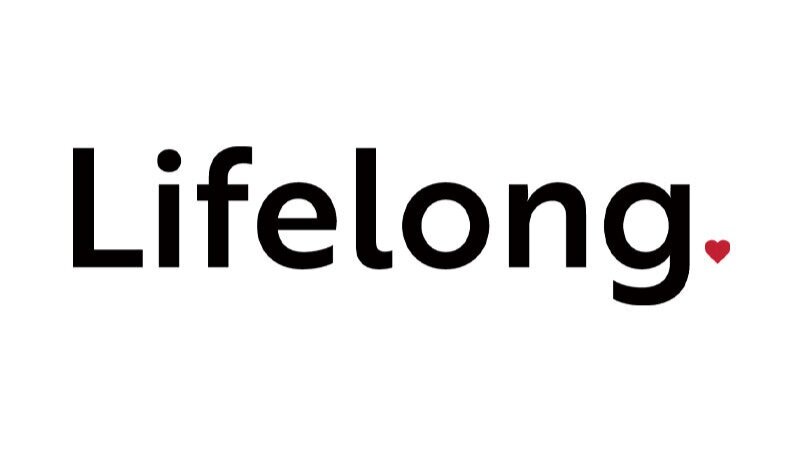As we celebrate Pride and honor the 50th anniversary of Stonewall, we also wanted to highlight one of our Lifelong staff members and their history in the LGBTQ community.
Scott Hix is on our High Acuity Response Team (HART), and has been at Lifelong for over 15 years. Before moving to Seattle, Scott lived in San Francisco – a prominent location for LGBTQ history. Although the Stonewall Riots were pivotal for the LGBTQ community, they were not the beginning of the LGBTQ pushback. Riots were happening all over the country, but the Stonewall Riots were the first to get mass coverage from news outlets.
“Stonewall was not the beginning of gay rights. It was just the tipping point of our continued pushback because of the exposure from the New York Times,” Scott explains.
Three years before Stonewall, Scott was at the Compton Cafeteria Riots in San Francisco, which were not about changing laws – they were about demanding respect for the West Coast LGBTQ community.
Scott worked in bars as a drag queen at the time and he vividly remembers the times when the cops would raid the bars, throw everyone in jail for a night, and destroy drag queens’ wigs by setting them on fire or flushing them down a toilet, then they would make the queens wash their faces with dirty mop water.
“The police would do this just to remind everyone that they were in power,” Scott says.
For years, the gay scene became once again clandestine because they didn’t have the strength or power to fight back without severe repercussions.
“This was the early signs of the gay community saying, ‘Even if we aren’t winning, we aren’t leaving either.’ We opened the closet door as a collective force and we are not going back,” Scott recalls.
The AIDS epidemic became the next rallying point for the LGBTQ community. Although the country at large turned their backs and used the disease as another opportunity to marginalize the LGBTQ community, they began to take action for themselves. Resilience and self-sufficiency had always been pillars of queer community, but these actions were now showing up in the news.
Organizations like ACT UP, the Sisters of Perpetual Indulgence, the LGBT Alliance, and local drag queens came together to advocate for a place that AIDS patients could go to before they die and an agency that would care for these patients, since many hospitals were still wary of caring for people with AIDS and hospice care turned them away as well.
“Although AIDS has knocked out 10% of the world’s population over the years, the LGBTQ community didn’t get the blame for it in the end because we stepped up to help each other. Places like Lifelong exist because gay, lesbian, bisexual, and transgender people were in need, and we began taking care of ourselves publicly,” Scott explains.
The LGBTQ community has come a long way over the last 50 years. Recently, Scott’s doctor had to brush up on geriatric medicine like many other doctors because HIV positive patients are living into old age – something that wasn’t imaginable at the beginning of the epidemic.
“My doctor gave me a cupcake one time because we had talked about this pain I was having and he researched it and found out it had nothing to do with my HIV – it was just part of getting older. We both sat there and laughed until I cried because I never thought I would hear that. I was supposed to be dead 35 years ago from HIV,” Scott says.
Pride Month is a time to come together as a community, celebrate LGBTQ accomplishments, and continue to push back against the existing discrimination and marginalization.

